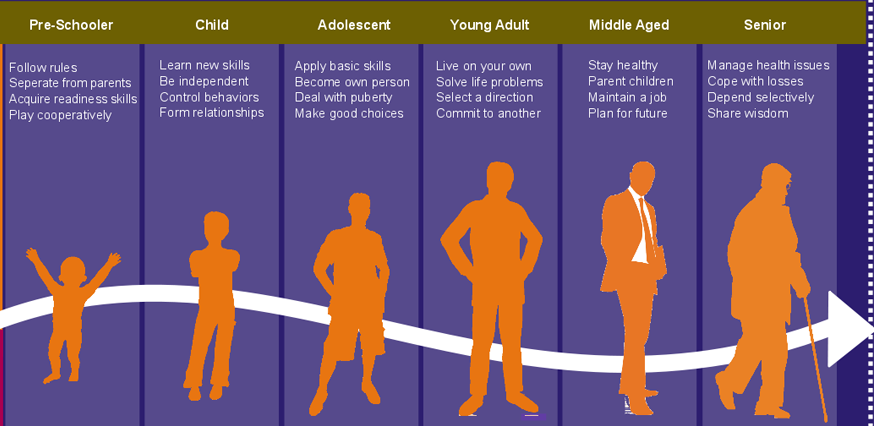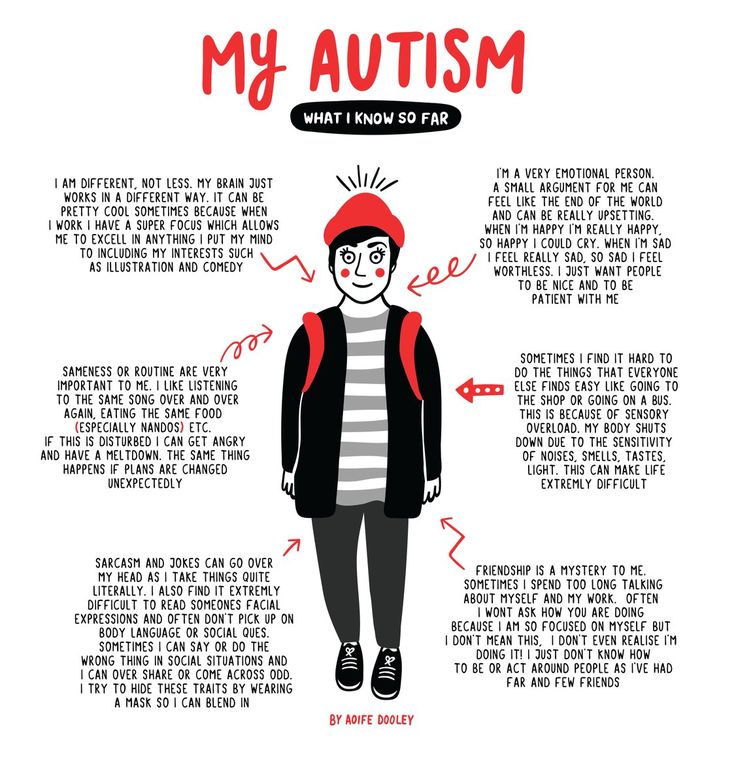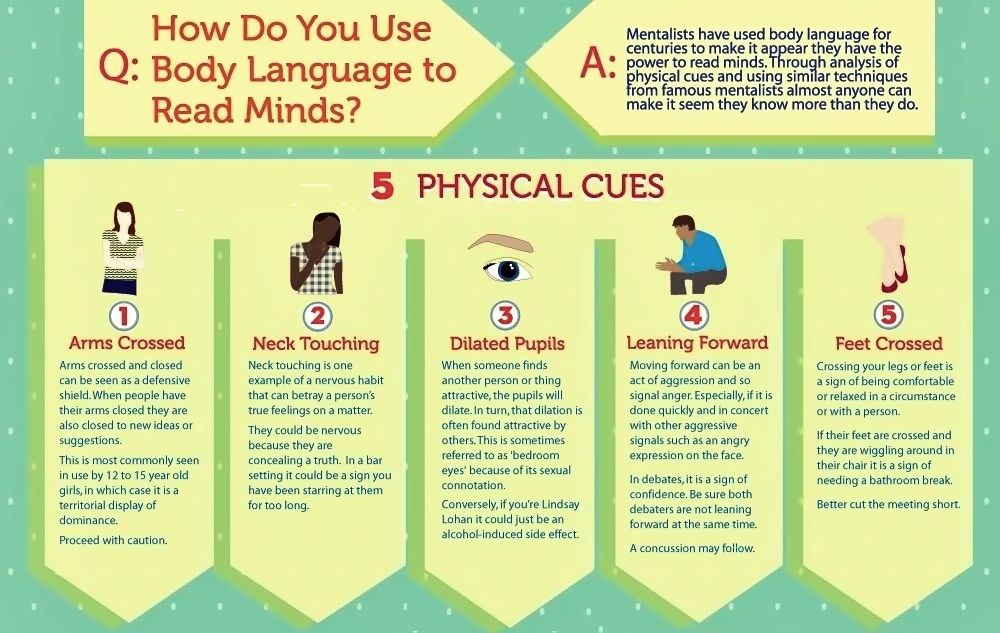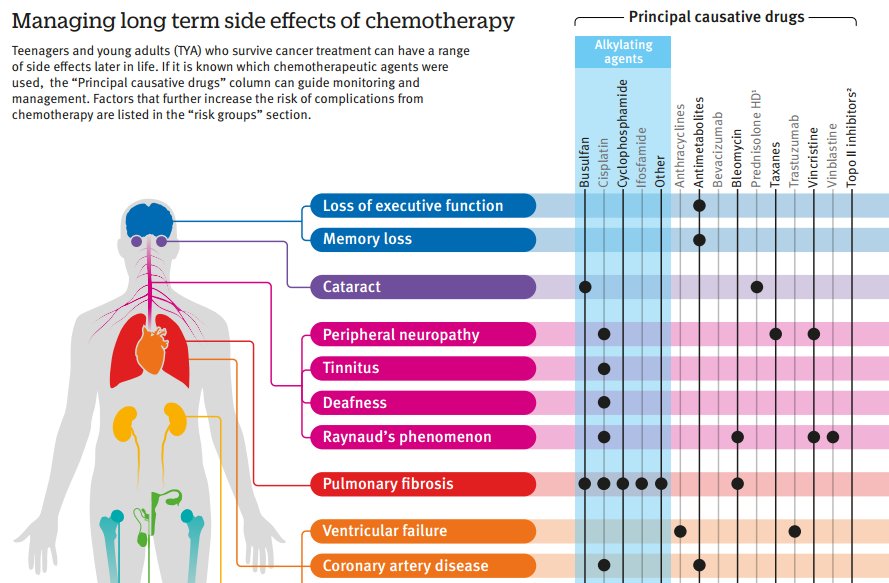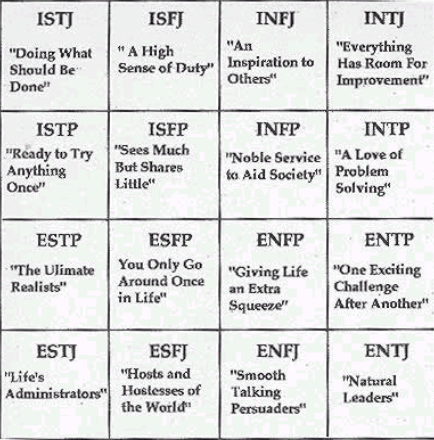What does high functioning autistic mean
10 Symptoms of High-Functioning Autism
- Emotional Sensitivity
- Fixation on Particular Subjects or Ideas
- Linguistic Oddities
- Social Difficulties
- Problems Processing Physical Sensations
- Devotion to Routines
- Development of Repetitive or Restrictive Habits
- Dislike of Change
- Focus on Self
- Unusual Movement Patterns
In 2013, the American Psychiatric Association published the Diagnostic and Statistical Manual of Mental Disorders, Fifth Edition (DSM-5). This edition of the DSM had some important changes to the way autism is diagnosed. Previously, diagnoses like Asperger’s Syndrome and Childhood Disintegrative Disorder were used to describe individuals at the extreme ends of the autism spectrum. High-functioning autism and Asperger’s are not an official medical diagnosis, but rather unofficial terms used to describe individuals who have mild symptoms of autism.
Parents and providers in the field may still refer to these terms to indicate a level of support or degree of disability.
With the DSM-5, those diagnoses all fall under “Autism Spectrum Disorders.” Individuals with an autism spectrum disorder now include a level of severity in their diagnosis. What would have been known as high functioning autism or Asperger’s is now considered ASD Level 1.
Regardless of the terms used, early identification of autism spectrum disorders is crucial. Diagnosis rates for autism continue to rise, especially as parents and professionals become more familiar with the symptoms of Level 1 ASD or high functioning autism. Tools like the Autism Diagnostic Observation Schedule (ADOS) help psychologists and other therapists make an official diagnosis.
Many patients are getting the assistance they need to live full, productive lives because their unusual behaviors are no longer seen as simple social awkwardness or eccentricity.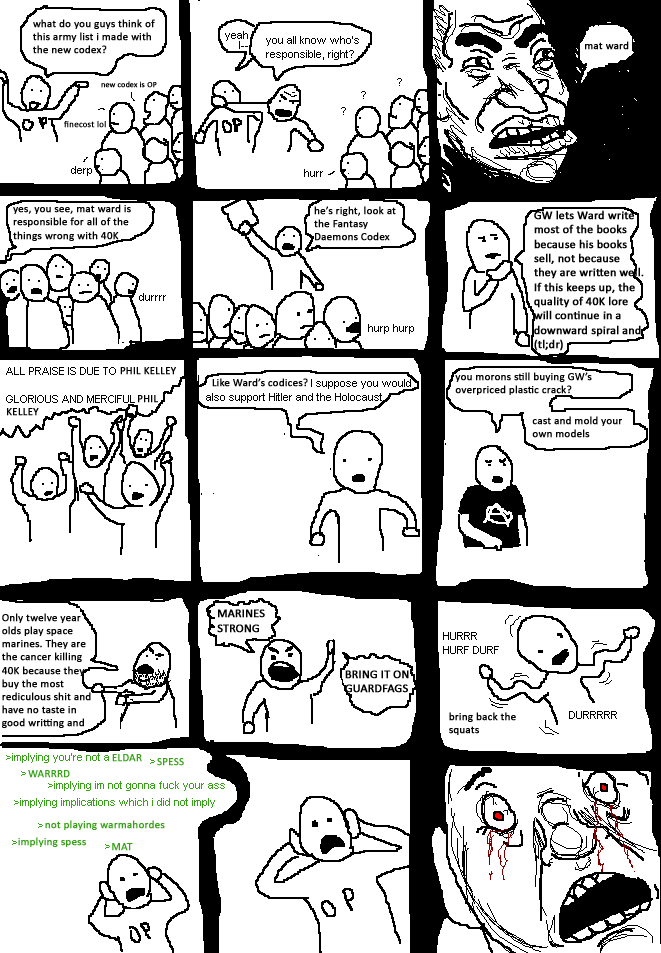 As more caring medical and mental health professionals learn to recognize the most common signs of high functioning autism, the number of interventions available to people with autism will rise.
As more caring medical and mental health professionals learn to recognize the most common signs of high functioning autism, the number of interventions available to people with autism will rise.
See Also: What are the 10 Most Common Signs of Autism Spectrum Disorder (ASD)?
Emotional SensitivityAlthough often overlooked, sensitivity to emotions is one of the most common symptoms of high functioning autism. These individuals can function in day-to-day life but struggle to control their emotions the same way that neurotypical, or non-autistic people, are able to do. For example, a frustrating morning experience like running out of milk or being cut off while driving can cause irritability and difficulty concentrating for the rest of the day. People with autism spectrum disorder may also have unusually intense emotional reactions compared to the rest of the population.
Fixation on Particular Subjects or IdeasContinually discussing the same topics in conversation, obsessively playing the same song repeatedly, or reading every article written about a certain topic are
signs of high-functioning autism in adults and adolescents. These interests can be negative if they take over the individual’s life or interfere with their relationships with others.
These interests can be negative if they take over the individual’s life or interfere with their relationships with others.
Of course, these obsessive tendencies can also be helpful; Dan Aykroyd, writer and star in the hit film Ghostbusters, was inspired by his focus on ghosts and the paranormal. Many other high-functioning autistic individuals have used their focus on mathematics, biology, or writing to inspire successful careers.
Linguistic OdditiesChildren on the low-functioning end of the autism spectrum usually struggle with:
- learning to speak
- building vocabulary
- holding conversations with others
Individuals with signs of high-functioning autism may start talking much earlier than normal and often display an impressive vocabulary. They may find conversations with others boring or difficult to follow and may avoid speaking with their peers. An autistic person may simply seem eccentric during conversations as their diverse vocabularies, frequent interruptions or focus on particular topics seem like oddities rather than neurological symptoms.
Parents and teachers may notice that young autistics have problems interacting with their peers. These high-functioning autism symptoms in children and teenagers can include:
- a limited social circle
- problems sharing toys or materials
- difficulty completing group work
Sometimes youth are considered shy, quirky or socially awkward when they are truly dealing with autism spectrum disorder. These kids need counseling services to help them learn social rules, as the problems with interacting with others usually stem from a lack of understanding appropriate behavior with peers. They have a difficult time recognizing social cues and body language. Early intervention from mental health professionals can help autistic youth learn the best ways to interact with their classmates and potential friends.
Problems Processing Physical SensationsMany individuals with autism have sensory difficulties.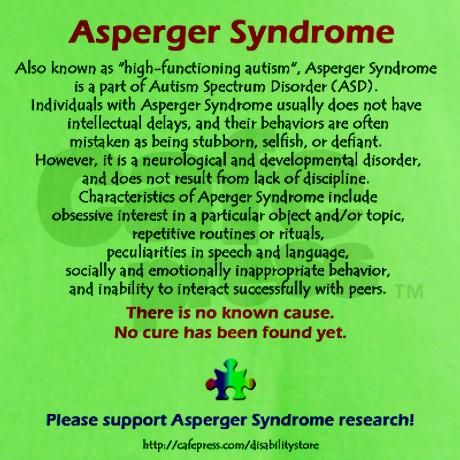 They may have an intolerance to specific:
They may have an intolerance to specific:
- noises
- tastes
- smells
- feelings
Noisy public places can lead to emotional distress, as can uncomfortable clothing or unwanted touches. These issues can be disruptive and stressful, but according to the National Institute of Neurological Disorders and Stroke, autism symptoms can improve over time as children with mild autism learn to regulate their own behavior through work with professionals.
Many individuals on the autism spectrum can benefit from occupational therapy to manage sensory issues. An occupational therapist can create goals and strategies for the individual to work on. They might meet with the individual one day a week or a couple days, depending on the person’s needs.
Devotion to RoutinesPeople with high-functioning autism are typically devoted to routines. They may stick with routines developed for them by others, such as reading for exactly 15 minutes before going to bed or brushing their teeth exactly five minutes after eating a meal. Any sort of deviation from the routine could cause frustration. Examples include:
Any sort of deviation from the routine could cause frustration. Examples include:
- A parent needing to help a sick sibling at bedtime instead of reading a bedtime story
- The school bus running late and missing first period
- A snowstorm causing school to be cancelled
The person with high-functioning autism may devote an exorbitant amount of time to performing their routines to the detriment of:
- self-care
- sleep
- exercise
- homework
- learning
Repetitive habits may also be symptoms of high-functioning autism in adults. Those habits could interfere with the person’s ability to do what they need to do or what others want them to do. One type of repetitive habit might be related to movement. The individual might have to tie and untie their shoes multiple times before they are satisfied and are able to start walking or leave the house.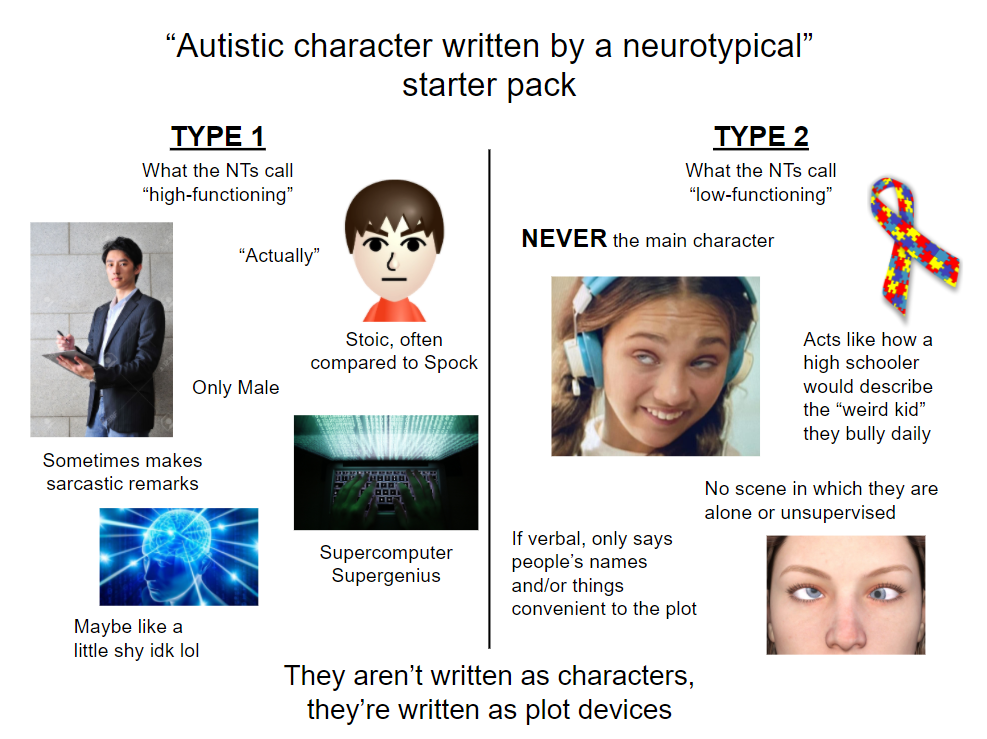
Some high functioning autistic people also develop restrictive habits that interfere with socially accepted living. For example, an individual might refuse to wear any other kind of shirt than a tee shirt. This could impact their health and well-being if they live in a place with cold weather.
Dislike of ChangeOne of the hallmark high functioning autism symptoms is a strong dislike of change. An individual might eat the same meal every day for breakfast, and they may eat it in the same quantity, on the same dish, and in the same place. Any disruption or change in the routine could cause an outburst in the individual. For example, if the usual brand of peanut butter has run out, and a different brand has been purchased instead, the person with high-functioning autism may have an outburst of anger or frustration. If someone has used their preferred dish, they may have a similar outpouring of volatility.
Focus on SelfPeople with high-functioning autism may have trouble developing deep social relationships with others.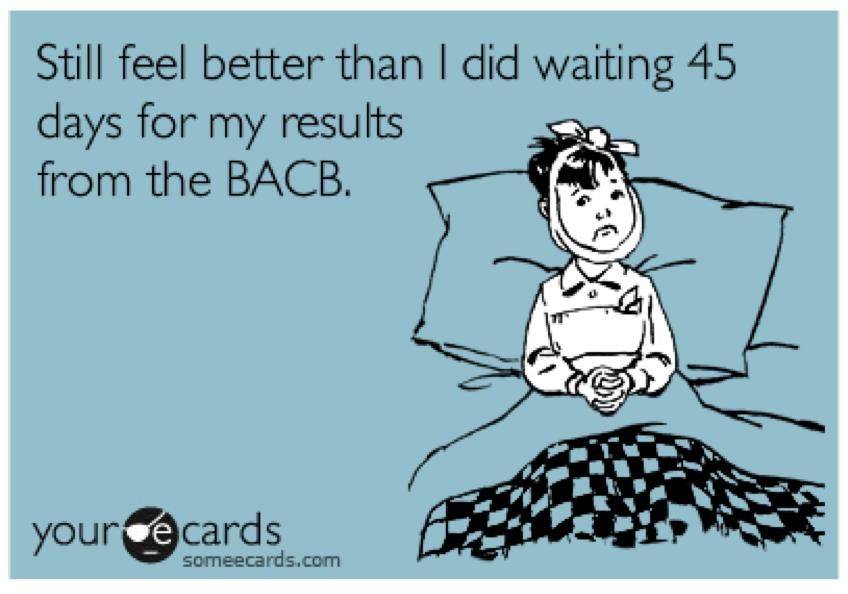 Part of this issue also includes an inordinate focus on self. A person with high-functioning autism may spend an excessive amount of time talking about themselves, not allowing another person to share a complete thought or response. This makes carrying on a conversation difficult. In the family or household setting, a person with high-functioning autism may only think of themselves when doing activities. For example, they might pour themselves a drink without asking if anyone else would also like a drink. They might take more than what others perceive as a fair share of a snack or treat, genuinely not thinking that others might also want some of the items.
Part of this issue also includes an inordinate focus on self. A person with high-functioning autism may spend an excessive amount of time talking about themselves, not allowing another person to share a complete thought or response. This makes carrying on a conversation difficult. In the family or household setting, a person with high-functioning autism may only think of themselves when doing activities. For example, they might pour themselves a drink without asking if anyone else would also like a drink. They might take more than what others perceive as a fair share of a snack or treat, genuinely not thinking that others might also want some of the items.
A person with high-functioning autism may have unusual movement patterns. Toe walking is a common movement disorder. The person may walk on their toes or the ball and the toes of the feet without putting much bodyweight on the other parts of the foot. This can result in foot pain in the ball, hammertoe, or bunion from the excessive pressure. The shoes and socks may wear out in the forefoot area much faster than in the heel area. People who walk on their toes may experience more foot injuries, such as blisters, calluses, and corns on their footpads and toes. Toe walking is more common in young children and people with musculoskeletal, explains the American Academy of Orthopedic Surgeons.
The shoes and socks may wear out in the forefoot area much faster than in the heel area. People who walk on their toes may experience more foot injuries, such as blisters, calluses, and corns on their footpads and toes. Toe walking is more common in young children and people with musculoskeletal, explains the American Academy of Orthopedic Surgeons.
Related Resource: Top 20 Best Applied Behavior Analysis Programs
Not all individuals with autism exhibit physical tics or an inability to maintain social ties. High functioning autistic individuals usually present symptoms not originally associated with autism. Helping professionals must continue to push for recognition of the range of behaviors associated with the autism spectrum. Familiarity with these ten symptoms of high-functioning autism helps providers, parents, teachers and others coordinate the early treatment of a person with this condition. Resources like Autism Speaks can also provide parents and professionals with support and helpful ideas.
Related:
- 20 Autism Charities Worthy of Your Donations
- 30 Great Jobs for People on the Autism Spectrum
- How Can Speech Improve in Nonverbal Children with Autism?
- What are Distress Tolerance Skills?
Asperger's, Autism Levels & More
High-functioning autism isn’t an official medical diagnosis. It’s often used to refer to autistic people who read, write, speak, and manage life skills without much assistance.
High-functioning autism isn’t an official medical diagnosis. It’s often used to refer to autistic people who read, write, speak, and manage life skills without much assistance.
Autism is a neurodevelopmental disorder that’s characterized by difficulties with social interaction and communication. Some autistic people need minimal support, while others require substantial support on a daily basis. This is why autism is now referred to as autism spectrum disorder (ASD).
High-functioning autism is often used to refer to those with lower support needs. Read on to learn more about it.
Read on to learn more about it.
The Diagnostic and Statistical Manual of Mental Disorders, Fifth Edition (DSM-5) was updated and released in 2013. Before its most recent update, the DSM used to detail a condition known as Asperger’s syndrome.
People diagnosed with Asperger’s syndrome had several symptoms in common with autistic people, but they didn’t have delays in:
- the use of language
- cognitive development
- the development of age-appropriate self-help skills
- the development of adaptive behavior
- the development of curiosity about their environment
Their symptoms were often milder and less likely to affect their daily lives than the symptoms of autistic people. They may even have been perceived as “high-functioning.”
However, high-functioning autism has never been an official clinical diagnosis, and Asperger’s syndrome was eliminated from the DSM-5 along with some other neurodevelopmental disorders.
People who have these types of difficulties with social interaction and communication or who display repetitive or restrictive behavior would now simply be diagnosed with ASD. This is regardless of how much support they may need.
This is regardless of how much support they may need.
ASD is divided into three levels:
- Level 1. People at this level may have symptoms that don’t interfere too much with their work, school, or relationships. This is what most people are referring to when they use the terms high-functioning autism or Asperger’s syndrome.
- Level 2. People at this level require some outside support on a daily basis. Examples of outside support include speech therapy and social skills training.
- Level 3. People at this level require substantial outside support on a daily basis. In some cases, support may include full-time aides or intensive therapy.
While it’s difficult to determine a person’s ASD level, trained psychologists have some tools that can help them accomplish this, such as the Autism Diagnostic Observation Schedule, Second Edition (ADOS-2). This assessment is typically paired with a thorough developmental history.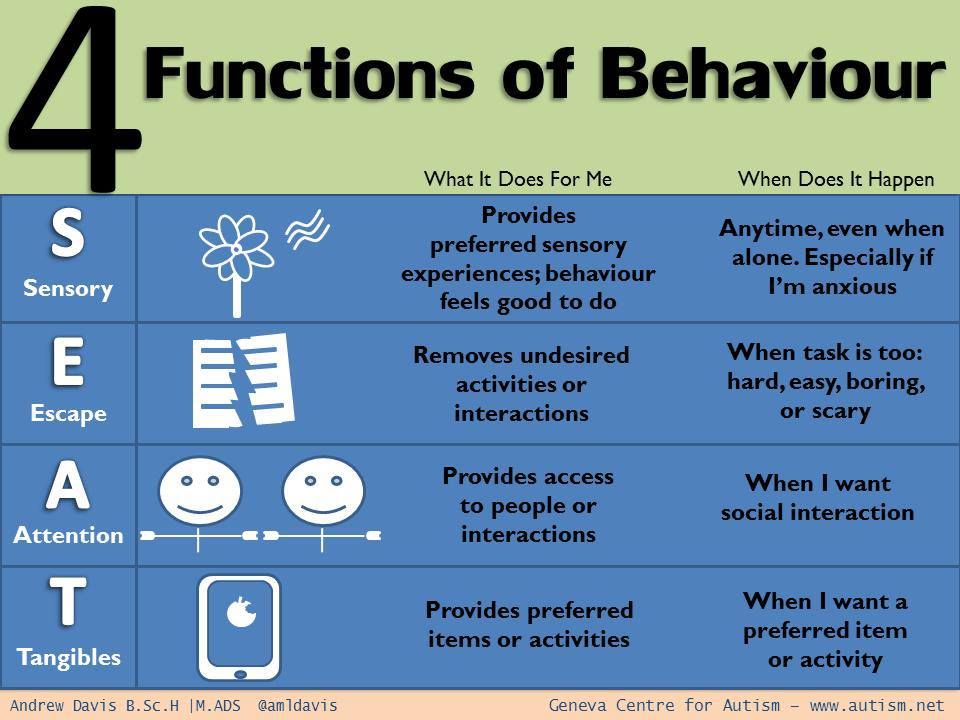
ASD can be diagnosed as early as 18 months. However, many children, and even some adults, may not be diagnosed until much later.
Being diagnosed at a later age can make support more difficult. If you or your child’s pediatrician think they may be autistic, consider making an appointment with an ASD specialist. Learn more about testing for ASD.
There aren’t any standardized recommendations for different levels of ASD. Support depends on each person’s unique symptoms.
People with different levels of ASD may all need the same kinds of support, but those with level 2 or level 3 ASD will likely need more intensive, long-term support than those with level 1 ASD.
Potential ASD support includes:
- Speech therapy. ASD can cause a variety of speech issues. Some autistic people might not be able to speak at all, while others might have trouble engaging in conversations with others. Speech therapy can help to address a range of speech problems.
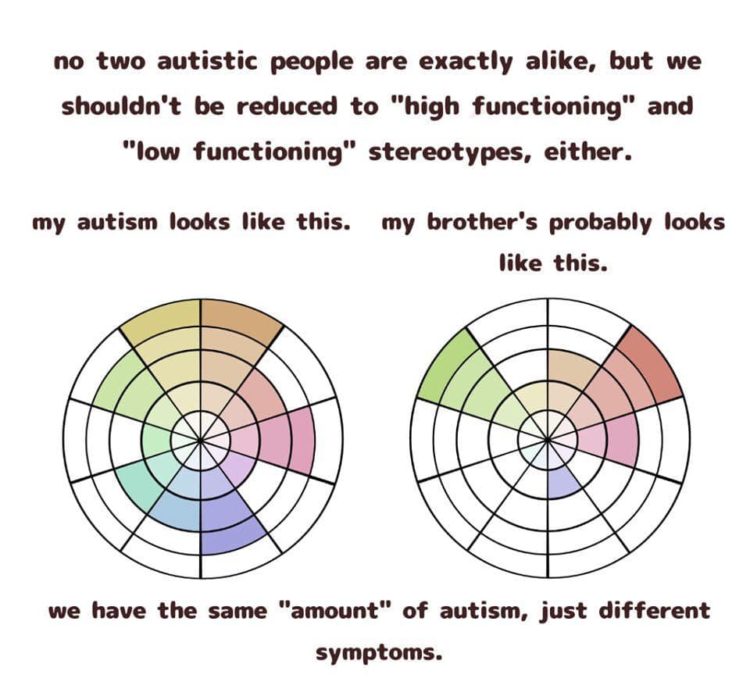 Learn more about speech disorders.
Learn more about speech disorders. - Physical therapy. Some autistic people have trouble with motor skills. This can make actions such as jumping, walking, or running difficult. Physical therapy can help to strengthen muscles and improve motor skills.
- Occupational therapy. Occupational therapy can help you learn how to use your hands, legs, or other body parts more efficiently. This can make daily tasks and working easier.
- Sensory training. Autistic people are often sensitive to sounds, lights, and touch. Sensory training helps people become more comfortable with sensory input.
- Applied behavioral analysis (ABA). This is a technique that encourages positive or helpful behaviors while decreasing behaviors that interfere with functionality. There are several types of applied behavioral analysis (ABA), but most use a reward system.
- Medication. While there aren’t any medications designed to treat ASD, certain medications can help to manage specific symptoms, such as depression or emotional lability.
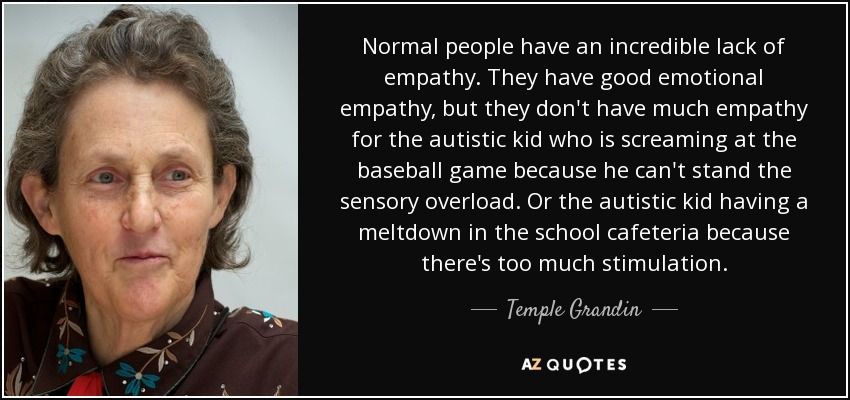
High-functioning autism isn’t a medical term, and it doesn’t have a clear definition.
People using this term are likely referring to something similar to level 1 ASD. It may also be comparable to Asperger’s syndrome, a condition not currently recognized by the APA.
If you think that you or your child have any of the symptoms of ASD, see a doctor or specialist. Blogs can be another great source of support.
Why is it so hard to live with "high functioning" autism?
5/27/15
ASD expert on the myths and challenges of high functioning autism
Author: Lisa Jo Rudy
Source:
The spectrum of autism is very wide. If you think of it as a rainbow (or bell curve), you will notice that a significant proportion of the people on the spectrum do not belong to one side or the other - they are somewhere in the middle. Of course, at this point in history we don't have evidence that MOST people on the autism spectrum are "somewhere in between," but it's clear that the media tends to focus on only the two extremes of autism - the most severely disabled and the most highly functioning people.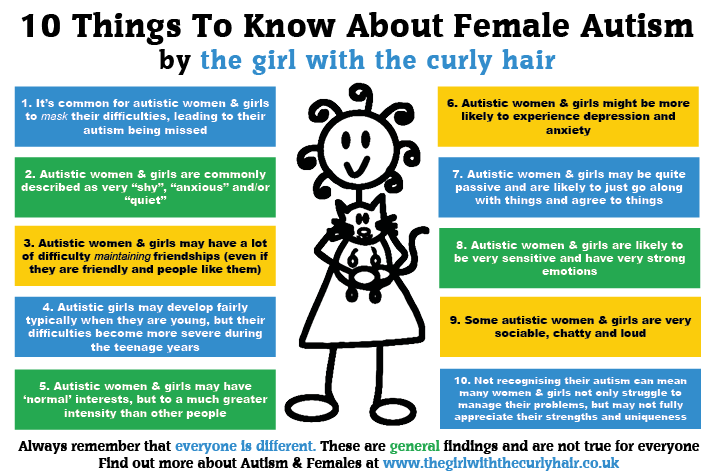 nine0003
nine0003
If you look at autism through the eyes of journalists, high-functioning autism is a bunch of eccentric geniuses. Often mentioned are Bill Gates, Albert Einstein, as well as actors Dan Ackroyd and Daryl Hannah. In other words, we are talking about people who simply stand out from the background of others. However, in real life, the concept of "high-functioning autistic" rarely coexists with such epithets as "genius", "business tycoon" and "Hollywood star".
In fact, people with high-functioning autism may be no more intelligent than their typical peers. And they may completely lack the motivation to achieve public recognition, which at one time forced Bill Gates to look for investors, and Einstein to publish an article. nine0003
They may also experience significant difficulties in daily activities, employment or personal life, and this often leads to low self-esteem. These problems are greatly exacerbated by the fact that others constantly react to them with bewilderment or indignation. The reason is that in many situations people with high-functioning autism "pass for normal" and are not expected to behave or respond in an unusual way.
The reason is that in many situations people with high-functioning autism "pass for normal" and are not expected to behave or respond in an unusual way.
Also, people with more severe autism are not usually required to "just pull themselves together and act normal" in difficult situations for them, but people on the higher end of the spectrum are often expected to do just that. nine0003
Finally, people with high-functioning autism tend to be very aware of their own difficulties and may be very distressed by the negative reactions of others.
Here are just a few common problems people with high functioning autism (including those diagnosed with Asperger's syndrome) often get in the way of their success and happiness:
Severe sensory impairment. People with high functioning autism, like everyone on this spectrum, are susceptible to sensory processing disorders. This can include mild to severe hypersensitivity to noise, crowds, bright lights, certain tastes, strong smells, and touch. In practice, this means that even a very gifted and eloquent person may be completely unable to enter a crowded restaurant, go to a movie, or endure going to a supermarket, a stadium, or other public places. nine0003
In practice, this means that even a very gifted and eloquent person may be completely unable to enter a crowded restaurant, go to a movie, or endure going to a supermarket, a stadium, or other public places. nine0003
Social blindness. What is the difference between a polite greeting and a light flirt? How do you know if you're talking too loudly? When is it okay to talk about personal problems or interests, and when is it best to refrain from doing so? When is it important to stop doing what you enjoy and focus on the needs of the other person? Most people have trouble answering these questions, but if you have high-functioning autism, they can become insurmountable barriers to communication, employment, and romance. nine0003
Anxiety and depression. Anxiety disorders, depression, and other emotional disturbances are much more common in people with high-functioning autism than in the general population. We don't know if autism leads to these disorders, or if it's just a natural consequence of frequent failure and social rejection.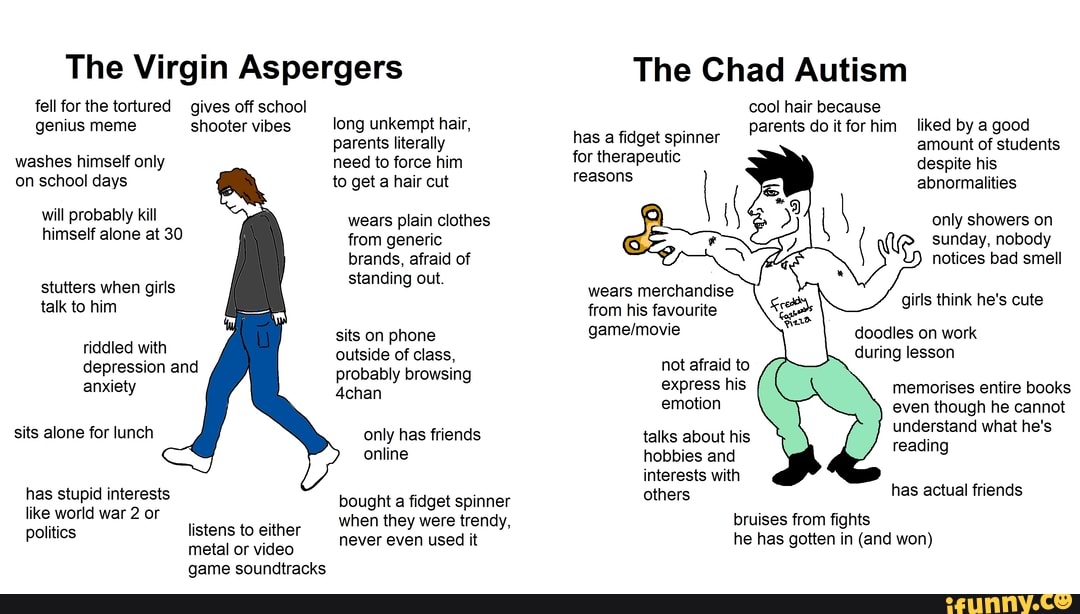 But whatever the cause, emotional disturbances can be disabling in and of themselves.
But whatever the cause, emotional disturbances can be disabling in and of themselves.
Lack of skills in planning one's actions. nine0009 The skills we use to organize and plan our lives are called executive functions. They allow NT adults to plan ahead for their daily routine, notice when they run out of shampoo and buy more on the way home, or plan work on a complex long-term project. Most people with high-functioning autism have very severe executive dysfunction. As a result, it is extremely difficult for them to cope with household chores, the slightest change in their usual routine can be a disaster for them, and so on. nine0003 Problems of emotional regulation. Contrary to popular belief, people with autism do not suffer from lack of emotion. Moreover, people with autism can become overly emotional in inappropriate situations. Imagine a teenager crying over a change in plans, or a grown woman having a tantrum because her car wouldn't start. Problems with changes and transitions. Many neurotypicals find it difficult to adapt to change, but for people with high-functioning autism, this is a problem on a completely different level. Once a familiar and comfortable routine has been established, people with autism generally want to keep that routine forever. An autistic adult can go out with friends every Wednesday for nachos without any problems, but the idea of going out on Thursdays for chicken wings instead can cause a panic attack and even anger. nine0003 Difficulties with oral speech perception. A person with high-functioning autism may be ready to do a task given to him brilliantly, but if the instructions were given to him orally, then there is a risk that he simply will not be able to follow them. As you can see, the term "highly functional" means just that. However, this does not mean that high-functioning autism is an “easy” diagnosis. It is important for loved ones, employers, teachers, or others who interact with people on the high end of the autism spectrum to remember that autism is autism. We hope that the information on our website will be useful or interesting for you. You can support people with autism in Russia and contribute to the work of the Foundation by clicking on the "Help" button. nine0003 Autism in Adults, Research Autism Spectrum Disorder (ASD) can be diagnosed at 1-3 years of age, but often overlooked or misunderstood by professionals and parents interpret his symptoms. Even if the diagnosis was made late, this does not mean that the symptoms of autism appeared at this age, they were present from early childhood. Moreover, it is an official and mandatory criterion for diagnosing autism - symptoms must be present from early preschool age. Listed below are several factors that contribute to the fact that the symptoms of high-functioning autism can be ignored for a long time. People with high functioning autism (Asperger's syndrome) do not have intellectual difficulties, some of them even have unusually high intelligence. This may lead them to learn to camouflage, that is, whether consciously or not, to mask or hide the manifestations of autism. This child may have behavioral problems and unusual features. But at the same time, his or her ability to understand academic subjects well, high IQ test scores, and a large vocabulary can lead educators and parents to start looking for other, incorrect explanations for these problems. Even doctors often miss the manifestations of autism if a child can use spoken language well. nine0003 Often these children's strengths help them cope more or less normally in kindergarten or elementary school, where they have only minor problems. But in middle school, learning tasks become more abstract, require more advanced speech skills, and social interaction becomes more and more multifaceted. At this age, the initial symptoms of autism begin to get more attention as the child has more problems as demands increase. nine0003 Also, many people with high-functioning autism develop skills in how to hide, compensate for, or temporarily suppress the manifestations of autism. If they are often told to “look in the eyes”, “don’t sway” or “don’t shake your hands”, don’t talk too much on the same topic, they may begin to hide these symptoms in the presence of strangers, and also begin to withhold information that may indicate autism. If there are no obvious external symptoms of autism, then this makes diagnosis much more difficult. nine0003 It is not uncommon for children with high-functioning autism to be misdiagnosed, or to be correctly diagnosed with a co-morbid disorder but the associated autism not noticed. As a result, all the child's problems begin to be attributed to this other diagnosis. Children with high-functioning autism are often diagnosed with attention-deficit/hyperactivity disorder (ADHD), obsessive-compulsive disorder (OCD), social phobia, and other developmental or mental health problems. nine0003 If a child has a different diagnosis, they may not be diagnosed with autism until adulthood. According to one 2019 study, 10.3% of adults with autism were misdiagnosed with ADHD as children, while 12.1% of children diagnosed with ADHD were subsequently diagnosed with autism. These data are not surprising when one considers that one in three autistic children have serious attention deficits. For adults, the explanation may simply be that, in their childhood, diagnostic criteria did not yet include more high-functioning forms of autism. Asperger's Syndrome only appeared in the Diagnostic and Statistical Manual of Mental Disorders in 1994, even though there were many children with symptoms of high-functioning autism prior to that year. In 2013, the fifth version of the guidelines was published, in which Asperger's syndrome disappeared as a diagnosis, and it was replaced by level 1 autism spectrum disorder. nine0003 Usually these people received other diagnoses, as autism was considered too extreme a diagnosis for a person with a normal level of intelligence and well-developed speech. Often these people did not seek diagnosis in adulthood, so now more and more autism is being diagnosed in middle-aged and even older people. Some studies have shown that girls and women are particularly likely to miss high-functioning autism. Are girls less likely to be autistic? There is evidence that their behavior (discomfort in social situations, problems with motor coordination, avoidance of large groups of people) can be considered feminine, and therefore less likely to be seen as a problem. On the other hand, there is evidence that girls with high-functioning autism may behave differently than autistic boys: they are less aggressive, more likely to imitate other people, and make more efforts to fit in with their peers. nine0003 One 2015 study found that women may have more genetic immunity to some manifestations of autism (this theory is called the female protective effect). According to this theory, the symptoms of autism manifest differently in women and girls, and therefore they may have more functional social behavior than autistic boys. While more research is needed to understand the causes, it is now clear that female gender in autism greatly reduces the likelihood of a correct diagnosis. Statistically, children from poor families and/or ethnic minorities are much less likely to be diagnosed with autism. This is due to two main reasons. Firstly, it is obvious that if people have little money, they do not have the opportunity to take their child to paid consultations with specialists, go to another region or city for diagnostics, or find additional classes for early help. This is especially true in cases where the child does not have severe speech delay and the most severe symptoms of autism. As a result, the lower the income of the family, the less likely it is to be correctly diagnosed and the worse the prognosis for autistic children who have been diagnosed. nine0003 The second reason is related to different cultural characteristics. For example, in some ethnic communities, behavioral manifestations of high-functioning autism are not considered particularly problematic, or, conversely, any impairment in a child is considered completely unacceptable, and parents may avoid diagnosis and hide the characteristics of the child. These are examples of typical problems for people with high functioning autism that can be very successful, but ONLY in predictable situations without unexpected obstacles. nine0003
These are examples of typical problems for people with high functioning autism that can be very successful, but ONLY in predictable situations without unexpected obstacles. nine0003 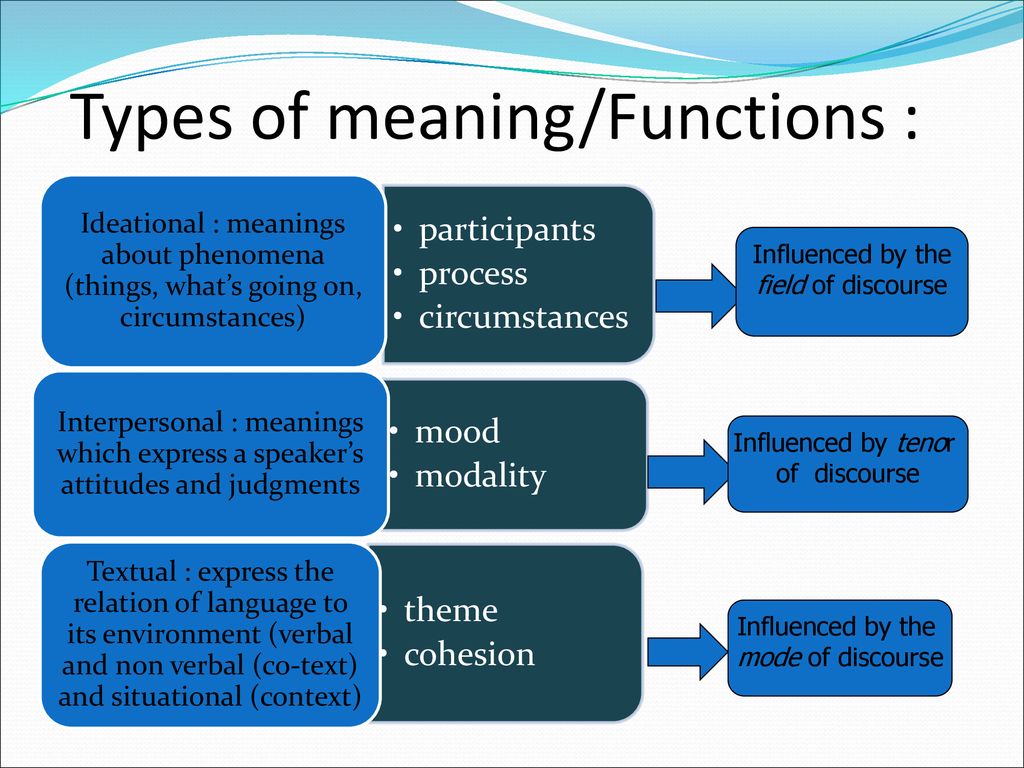 For example, if a police officer says "stay in the car and hand me your papers," a person with autism might only make out "stay in the car" or only "hand over the papers." The same may apply to instruction in the classroom, in the doctor's office, or in the workplace. As you might guess, this often leads to all sorts of difficulties, ranging from problems with the police to unintentional mistakes at work. nine0003
For example, if a police officer says "stay in the car and hand me your papers," a person with autism might only make out "stay in the car" or only "hand over the papers." The same may apply to instruction in the classroom, in the doctor's office, or in the workplace. As you might guess, this often leads to all sorts of difficulties, ranging from problems with the police to unintentional mistakes at work. nine0003 5 Reasons Why Symptoms of High-Functioning Autism May Not be Noticed • Autism is
 The more high-functioning, milder form of autism (Asperger's syndrome) is especially often overlooked. In this case, the diagnosis is usually not made until school age, and it is not uncommon for such autism to be diagnosed only in adolescence or adulthood. nine0003
The more high-functioning, milder form of autism (Asperger's syndrome) is especially often overlooked. In this case, the diagnosis is usually not made until school age, and it is not uncommon for such autism to be diagnosed only in adolescence or adulthood. nine0003
1. Camouflage, masking symptoms 

2. Misdiagnosis in early childhood 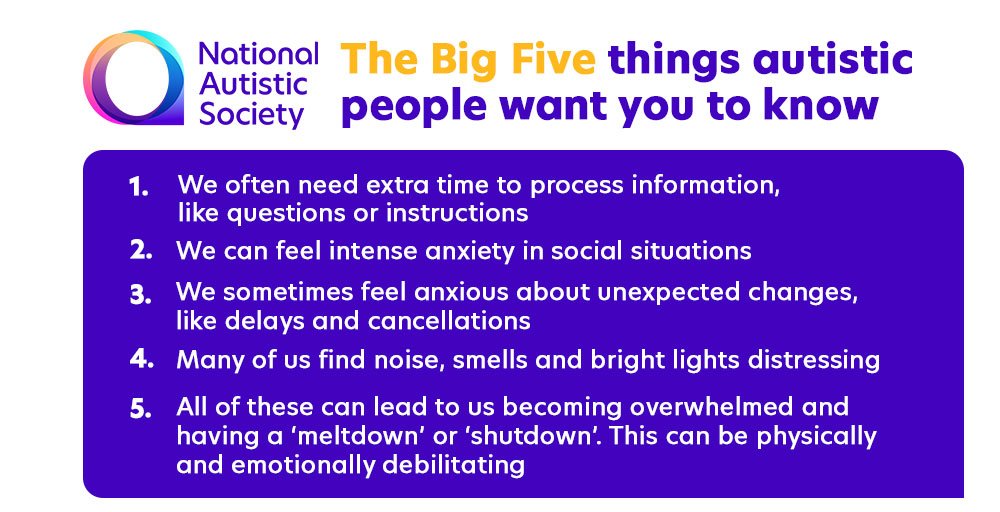
3. Age
4. Female 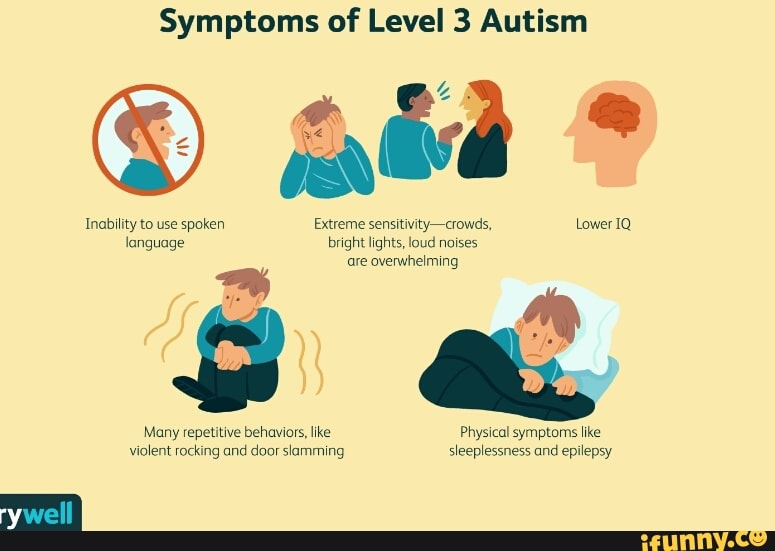 Overall, autism is four times more likely to be diagnosed in boys and men than in women and girls, although the reasons for this are unclear. nine0003
Overall, autism is four times more likely to be diagnosed in boys and men than in women and girls, although the reasons for this are unclear. nine0003 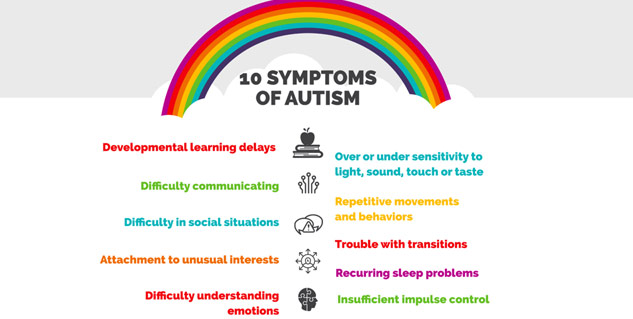 nine0003
nine0003
5. Family income and ethnicity 